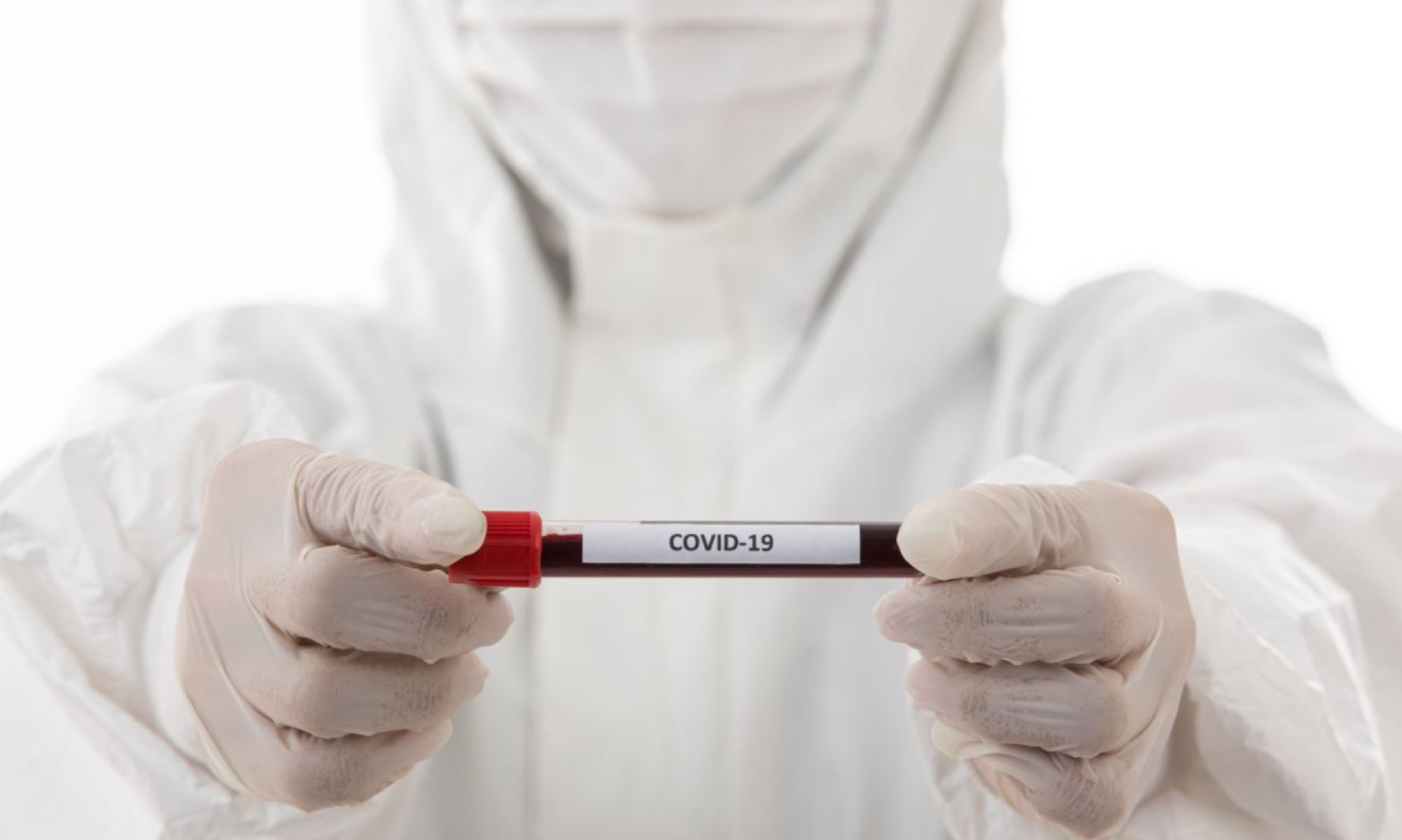Press release:
Researchers from the CEOsys project(link is external) collaborated with the LSTM-based Cochrane Infectious Disease Group (CIDG(link is external)) to carry out a systematic review, published today in the Cochrane Library(link is external), to explore the effects of ivermectin in preventing and treating COVID-19 infection.
The review authors included 14 randomized controlled trials with 1678 participants. Treatment of mild to moderate COVID-19 patients was investigated in 13 studies comparing ivermectin with placebo or with no treatment in addition to comparable usual care in the study arms. Only one study investigated prevention of SARS-CoV-2 infection and compared ivermectin to no treatment. The review looked at the effects of ivermectin on the number of deaths, whether the patient’s condition worsened or improved, and unwanted effects.
Continue reading “Ivermectin treatment in humans for COVID-19”